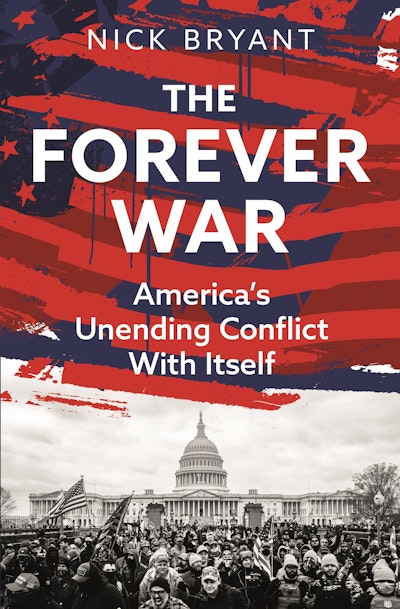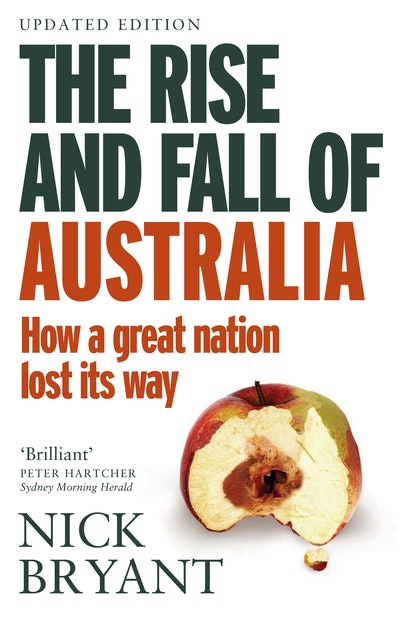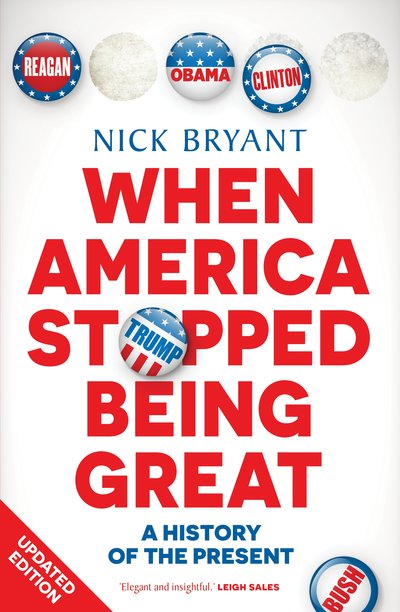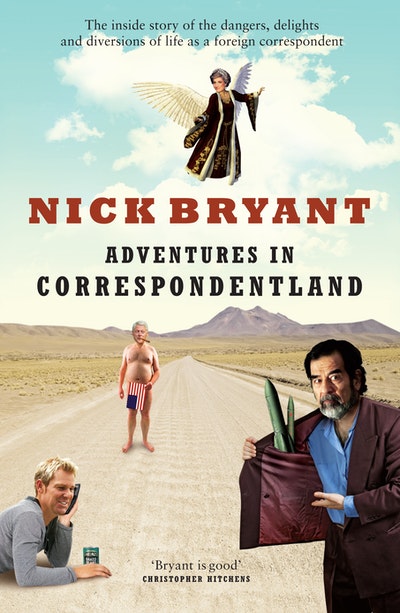- Published: 4 June 2024
- ISBN: 9781761048630
- Imprint: Penguin eBooks
- Format: EBook
- Pages: 448
The Forever War
- Published: 4 June 2024
- ISBN: 9781761048630
- Imprint: Penguin eBooks
- Format: EBook
- Pages: 448
What’s gone wrong with America? In this exceptionally thoughtful, astute and moving book, Nick Bryant explores the deep roots of its current discontents, tracing the origins of Trumpism to the very birth of the American republic. Bryant writes as both a keen political reporter and a first-class historian, interweaving past and present to supremely powerful effect. It’s a superb achievement. And as the American people face one of the most crucial elections in their history, nobody with the slightest interest in their future can afford to miss it.
Dominic Sandbrook, The Rest is History
If you read only one book about America, what drives it and what pulls it apart, make it this excellent work by Nick Bryant.
Braham Dabscheck, Newtown Review of Books
One of the most important aspects of Bryant’s work is its unflinching self-reflection. What sets his book apart from so much contemporary analysis is its recognition of the continual pull of “self-validating folklore”, even as it simultaneously recognises that pull – and insists on resisting it . . . Reading The Forever War, you can sense the inescapable, contradictory nature of US history and power . . . Bryant’s work of history is as unflinching as it is accessible.
Rebecca Blackwell, The Conversation
In The Forever War, Bryant parlays meticulous historical research and on-the-ground reportage into a gripping narrative that reads like a political thriller, albeit a deeply disturbing one.
Bron Sibree, The Sunday Times, South Africa







